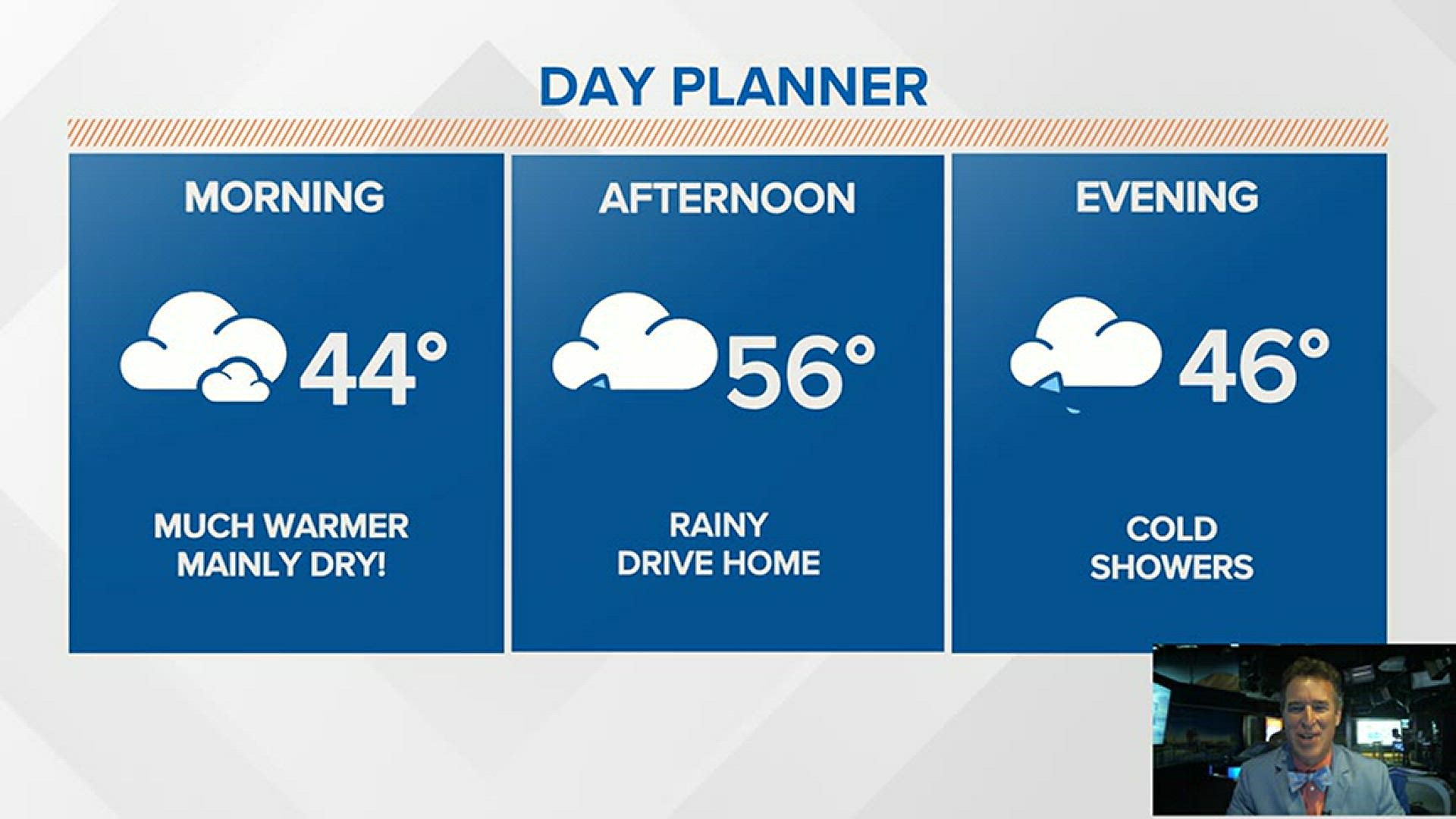JACKSONVILLE, Fla. — It's been a frigid end to the month of January across Jacksonville to say the least. More freezing temperatures are expected this weekend, so it's time to remember the three (and even four) P's this time around -- people, pets, cold-sensitive plants and, for some folks, pipes.
Frost, freeze and hard freeze are terms that come up often in the winter. But what's the difference between the three?
Not all freezes are created equal and, in fact, you don't even need an air temperature of 32F for frost.
Let's break it down:
FROST
You can think of frost as frozen dew. Water droplets on the ground, on the leaves of plants or grass, on the car windshields or on other surfaces become frozen when temperatures are cold enough. Typically, you'd expect frost with a calm wind, clear sky, and temperatures in the mid-30s. Our "air temperature" is measured between 4-6 feet. The air at the surface, or on the ground, can be even colder because cold air sinks!
Frost is important for farmers, or anyone else with cold-sensitive vegetation, because a frost can put an end to or delay a growing season. If a frost advisory is issued, it’s a good idea to cover or bring inside any plants that are sensitive to cold.
FREEZE
It might sound self-explanatory, but the National Weather Service has a specific use for the word "freeze." Forecasters call for a freeze when temperatures drop to or below the 32F mark. This is when the P's become important. If it's too cold for you, it's too cold for the pets! Plants should also be covered or brought inside, but pipes are usually OK in this type of weather.
HARD FREEZE
A hard freeze just sounds more serious, doesn't it? This type of freeze indicates colder temperatures and more precautions should be taken. The National Weather Service calls for a hard freeze when temperatures drop to 28F or lower for an extended period (usually at least a couple of hours), which can kill most crops and or patio plants. Pipes that aren't well-insulated may burst, too, which is why forecasters urge folks to wrap or insulate them if possible.

